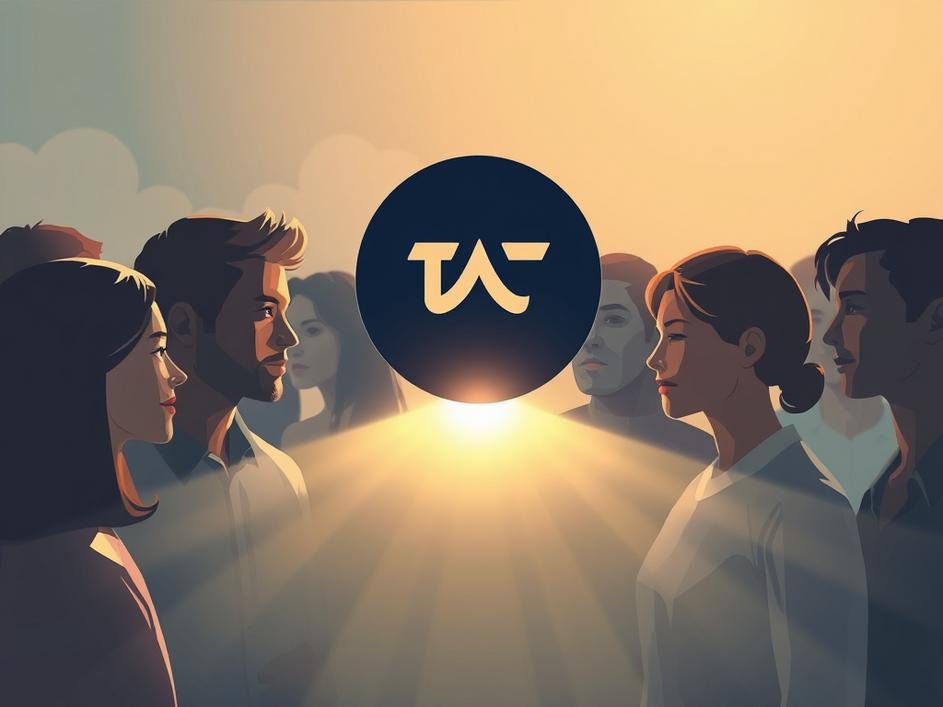


We are a digital agency helping businesses develop immersive, engaging, and user-focused web, app, and software solutions.
2310 Mira Vista Ave
Montrose, CA 91020
2500+ reviews based on client feedback

What's Included?
ToggleMany companies play it safe when hiring. They look for specific degrees from certain schools, a perfect job history with big names, and a résumé that ticks all the standard boxes. It’s like following a well-worn path, hoping to find gold nuggets neatly packaged along the way. But what if the really valuable stuff isn’t on that path at all? What if it’s hidden in plain sight, just waiting for someone to notice? ElevenLabs, the company making waves in AI audio, seems to think so. Their CEO, Mati Staniszewski, has openly said they’re not fans of this old-school way of hiring. Instead of looking for what’s expected, they go hunting for what’s truly interesting, often in the most unexpected places. This approach challenges everything we’ve come to believe about finding top talent. It makes you wonder: how many brilliant minds are we missing because we’re only looking in the usual spots? This isn’t just about being different; it’s about finding a competitive edge by seeing potential where others only see a lack of traditional qualifications.
The story that really brings this home is about how ElevenLabs found one of their researchers. Picture this: a brilliant mind, someone with the skills and smarts to advance cutting-edge AI, not in a university lab or a tech giant’s office, but working in a call center. A call center. It’s a job often seen as a stepping stone or a temporary fix, rarely as a hotbed for future AI pioneers. This anecdote highlights a profound truth: talent isn’t exclusive to those with perfect résumés or prestigious connections. Sometimes, the most capable individuals are stuck in roles that don’t even scratch the surface of their abilities, simply because they haven’t had the right opportunities or the chance to prove themselves in a “traditional” setting. The call center story isn’t just a quirky hiring tale; it’s a stark reminder that our conventional filters might be sifting out true genius along with the noise, leaving a vast reservoir of untapped human potential overlooked and underutilized. It challenges us to look past the job title and peer into the person.
So, why does ElevenLabs bother with this non-traditional hunt? It’s not just about being nice or giving people a chance. It’s a smart business strategy. In fast-moving fields like AI, innovation often comes from fresh perspectives and people who think differently. If everyone on your team came from the same few schools and had similar career paths, you might end up with a lot of “groupthink.” By actively seeking out people whose journeys are less conventional, ElevenLabs brings in diverse ways of looking at problems and finding solutions. They’re likely looking for raw intelligence, a genuine passion for learning, problem-solving instincts, and a deep curiosity – qualities that aren’t always reflected on a CV. Someone who’s taught themselves complex skills while navigating an unrelated job often possesses incredible drive and resilience. These aren’t just good traits; they’re essential for pushing boundaries in a field that requires constant adaptation and creative breakthroughs. It’s about seeing the spark, not just the polished exterior.
This approach from ElevenLabs isn’t just a quirky exception; it could be a blueprint for the future of hiring across many industries. Imagine if more companies stopped focusing so heavily on formal qualifications and started prioritizing actual skills, potential, and the hunger to learn. It would open up enormous talent pools that are currently ignored. Think about self-taught experts, people who took unconventional routes, or those who simply didn’t have the means for traditional education but possess incredible aptitude. Adopting this mindset would mean investing more in thoughtful interview processes, perhaps even skill-based assessments that aren’t tied to academic credentials. Sure, it takes more effort than just filtering résumés by keyword. But the payoff could be huge: more innovative teams, employees who are deeply grateful for the opportunity and fiercely loyal, and a workforce that truly reflects the diverse range of human capabilities, not just the privileged few. It means redefining what “qualified” truly means in the modern world.
The ElevenLabs story reminds us that genius doesn’t always wear a fancy suit or carry a prestigious degree. Sometimes, it’s hidden behind a customer service headset, patiently waiting for its moment. It’s a testament to the idea that talent is universal, but opportunity is not. When companies dare to look beyond the usual markers, they often discover individuals with unique perspectives, unparalleled grit, and a drive that comes from having to forge their own path. These are the people who often challenge assumptions, ask the uncomfortable questions, and push the boundaries of what’s possible, precisely because their journey has been different. Their experiences outside the typical corporate or academic bubble can be an immense asset, bringing practical wisdom and unconventional problem-solving methods to the table. This isn’t just about ticking diversity boxes; it’s about enriching the entire organizational fabric with a broader spectrum of human experience and intellect.
What ElevenLabs is doing isn’t just a neat trick for finding good employees; it’s a profound statement about the nature of talent itself. It tells us that our systems for identifying and nurturing potential are often flawed and far too narrow. By being “very against” traditional hiring, they’re not just bucking a trend; they’re showing a better way forward. A way where companies actively seek out the diamonds in the rough, understanding that true capability often blossoms in unexpected environments. This kind of thoughtful, unconventional hiring can lead to more vibrant workplaces, more groundbreaking innovation, and a more equitable distribution of opportunity. It challenges all of us—employers and job seekers alike—to reconsider how we define value and where we expect to find it. Maybe it’s time we all started looking beyond the obvious, because the next big breakthrough, or the next brilliant mind, might just be waiting in a place you’d never think to look.



Comments are closed